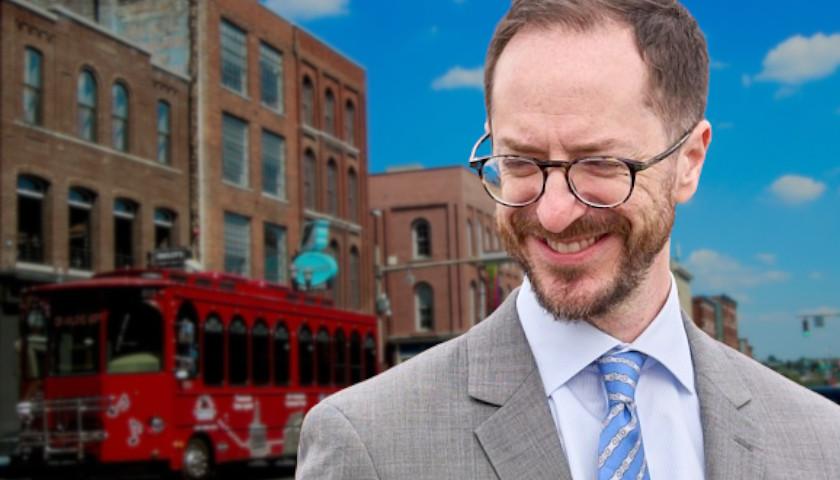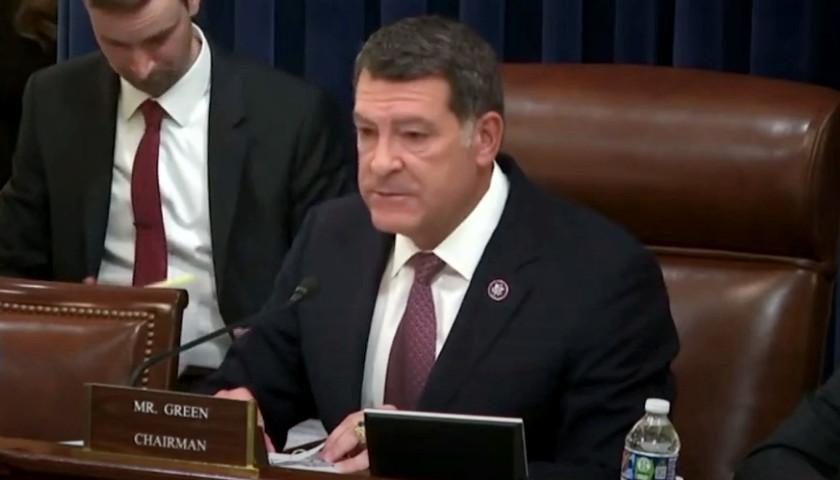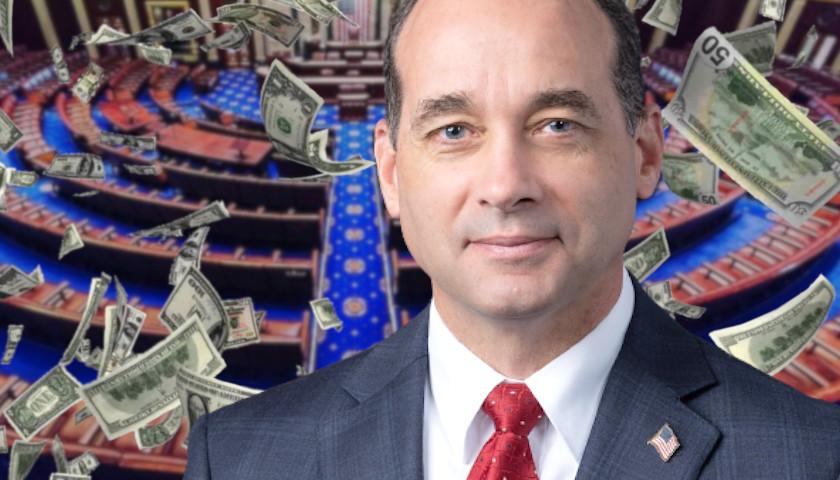by Morgan Sweeney
As part of the “Internet for All” initiative, Virginia is set to receive $1.4 billion in federal funds, while Maryland is poised to receive $267 million to expand broadband access across both states.
The program aims to level economic and educational playing fields by providing reliable internet access to “unserved and underserved locations.”
“Every Marylander should have access to high-speed Internet, which plays a pivotal role in shaping economic outcomes and is to equitable development today what water and sewer systems have been for the past 150 years,” said Maryland Department of Housing and Community Development Secretary Jake Day. “The Office of Statewide Broadband is dedicated to bridging the digital divide and addressing disparities for residents across the state.”
The funding comes from the Broadband Equity, Access and Deployment Program, a product of the Bipartisan Infrastructure Law. The BIL is the $1 trillion piece of legislation passed in Nov. 2021 that aims to improve the country’s roadways, develop clean energy and provide broadband access across the country.
“We all know that access to fast, reliable, and affordable internet is crucial to ensuring our rural communities grow and thrive, and I’m thrilled that Virginia is receiving the investment we need to deploy broadband all across the Commonwealth,” said Virginia Sen. Mark Warner.
The Virginia Telecommunication Initiative will be tasked with utilizing the BEAD Program funding in the commonwealth. In Maryland, the funds will flow through the state’s Department of Housing and Community Development Office of Statewide Broadband.
The organizations have the common goal of bringing greater connectivity to areas lacking internet speeds of 25/3 or 100/20.
In Maryland, 52,000 homes and businesses now have high-speed internet access as a result of the work of the Office of Statewide Broadband, which has invested $300 million in the endeavor since its founding in 2017.
In Dec. 2021, the total broadband investment in the commonwealth from the public and private sectors amounted to over $2 billion. Not including potential other investments in 2022, the additional funding from the BEAD Program will bring that figure to a minimum of $3.4 billion.
– – –
Morgan Sweeney is a staff writer covering Virginia and Maryland for The Center Square. Morgan was an active member of the journalism program as an undergraduate at Hillsdale College and previously freelanced for The Center Square.





